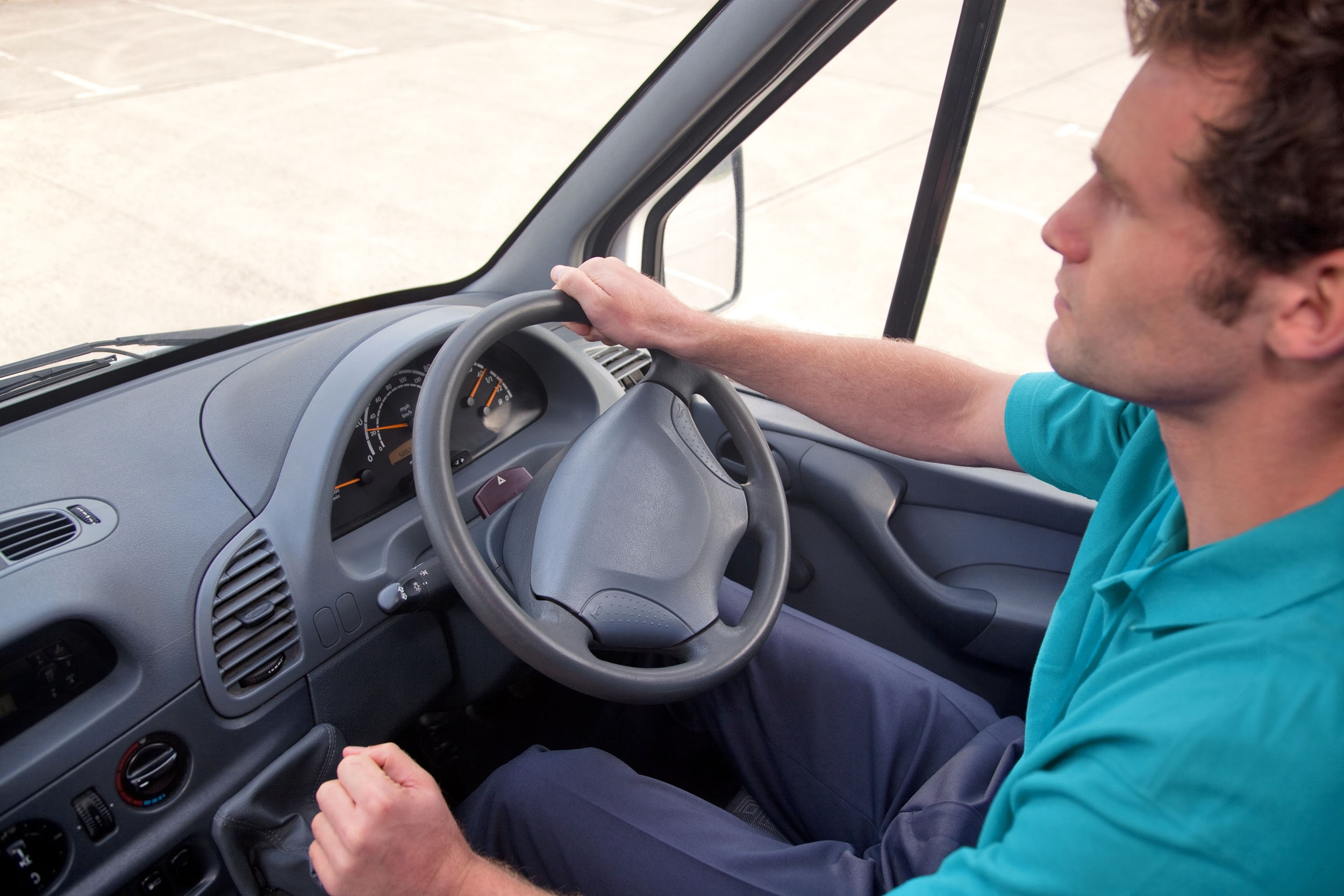New rules for vans travelling abroad could provide the “stepping-stone” to tougher regulations for all operators of light commercial vehicle (LCV) fleets.
The UK must introduce changes to its operators’ licensing regime as part of the post-Brexit EU trade deal.
The most significant measure is an expansion in the goods operator licensing rules to include vehicles used for hire and reward, weighing more than 2.5 tonnes and up to 3.5 tonnes, including when used in combination with a trailer.
The new regulations, which come into force from May 21, will mean vans travelling internationally, including to the Republic of Ireland, will be in scope of operator licensing rules for the first time.
Details about how they will be implemented were subject to a consultation that closed in August, last year. The Government has yet to publish its response.
However, van fleet operators believe the changes, which the Department for Transport (DfT) estimates could impact 4,200 operators and 21,000 vehicles, will pave the way for tougher rules for domestic operators as well.
Matt Hammond, M Group Services head of fleet, told a Fleet News at 10 webinar he believes the new rules are the “first step” towards greater regulations for all LCV operators.
“Regulation is coming,” he said. “It may not be in the next couple of years, but probably in the next five, when these changes are bedded in.”
Duncan Webb, head of fleet in the UK and Ireland for ISS, agreed. He said: “While this relates to travelling into international territories, it opens the door for a discussion around domestic rules with the whole structure being put in place for vans.”
The DfT says it could implement tougher regulations for fleets operating solely within the UK. However, for technical reasons, including those related to “legislative powers”, it has decided against pursuing this, “at least, in the short term”.
The DfT continued: “Any expansion in the scope of these rule changes is being confined to licensing for international operations, at least initially.
“Any changes to the domestic operations would need further consideration and discussion with industry stakeholders and there are currently no plans to commence this work.”
O-LICENCE REGIME
The current UK operator licensing regime (O-licence) covers goods vehicles weighing more than 3.5 tonnes and larger public service vehicles (PSVs), such as buses.
Its aim is to support the transport of goods in a safe and fair way through a set of rules that anyone wishing to obtain an O-licence must adhere to, including areas such as financial standing, professional competence and good repute. Licence holders are also required to have an ‘effective and stable establishment’, as well as an operating centre.
In Great Britain, the O-licence regime is managed by eight Traffic Commissioners.
Fleets failing to comply with the requirements to hold a licence can have an application refused or an existing licence revoked, while individuals involved in the business can be disqualified.
The Driver and Vehicle Standards Agency (DVSA) polices the rules by carrying out operator visits and roadside checks.
NEW RULES FOR VANS
The requirements of good repute, stable establishment and professional competence will apply to the new rules being implemented for vans travelling internationally.
The main differences are a lower level of financial standing related to the operation of light goods vehicles (LGVs), and transitional arrangements exempting people with substantial relevant experience in the operation of LGVs from requiring a Certificate of Professional Competence (CPC) qualification for a period of time.
The DfT said it wants to allow individuals who declare they have continuously managed LGVs for 10 years prior to August 20, 2020, to be issued with a limited validity acquired rights certificate, allowing them to continue to manage LGVs for a transitional period.
The approach is designed to give businesses the time to ensure that experienced and long-standing fleet managers currently undertaking this role can achieve the necessary CPC qualification.
A licence granted with a designated transport manager through these ‘transitional acquired rights’ will be restricted from operating larger vehicles until they complete the CPC.
The Government has suggested that acquired rights will be time-limited to three years and these rights, and the associated qualification, will expire after May 20, 2025. After that date, all UK transport managers will be required to have obtained the Transport Manager CPC certificate.
Transport managers with this qualification who are hired to fulfil this function, but who are not directly employed by the operator, are currently restricted to the management of 50 vehicles, spread between a maximum of four different operators.
Webb is hoping the Government will address the number of vehicles they can manage, with new rules bringing more vehicles into scope. He said: “We might get a ratio, such as for every 50 HGVs you can have a 2:1 ratio of vans. I just hope it doesn’t stay as it is, otherwise there’s a resourcing and a skilling issue for everybody to deal with.”
Operators affected by the new operating licensing regime will be required to apply for an international O-licence.

TruTac believes operators should be prepared for the new regulations, regardless of their status. “This piece of legislation comes at a particularly testing time for transport operators – irrespective of the size or weight of their vehicles – and it’s the type of thing that could easily be misunderstood or overlooked completely,” said TruTac managing director, Jemma James.
“Those with vehicles under 3.5 tonnes will be used to a fairly straightforward approach to driver and vehicle compliance, but these new rules introduce an extra layer of complexity, especially for anyone with vans just over the 2.5 tonne mark or for those who tow trailers or semi-trailers.”
TACHOGRAPHS MANDATED
The new rules, which are included in the EU Mobility Package, will also require operators to keep their vans safe and in good condition, while records of all safety inspections and maintenance undertaken, including any by a third-party maintenance contractor, will need to be kept for a minimum of 15 months.
Furthermore, from July 1, 2026, the EU Mobility Package will require LGVs, with a maximum permissible mass, including any trailer, or semi-trailer exceeding 2.5 tonnes (but not exceeding 3.5 tonnes) that are used on international journeys, to be fitted with tachographs to comply with EU drivers’ hours rules.
The Government consultation did not cover the future introduction of tachographs.























Login to comment
Comments
No comments have been made yet.